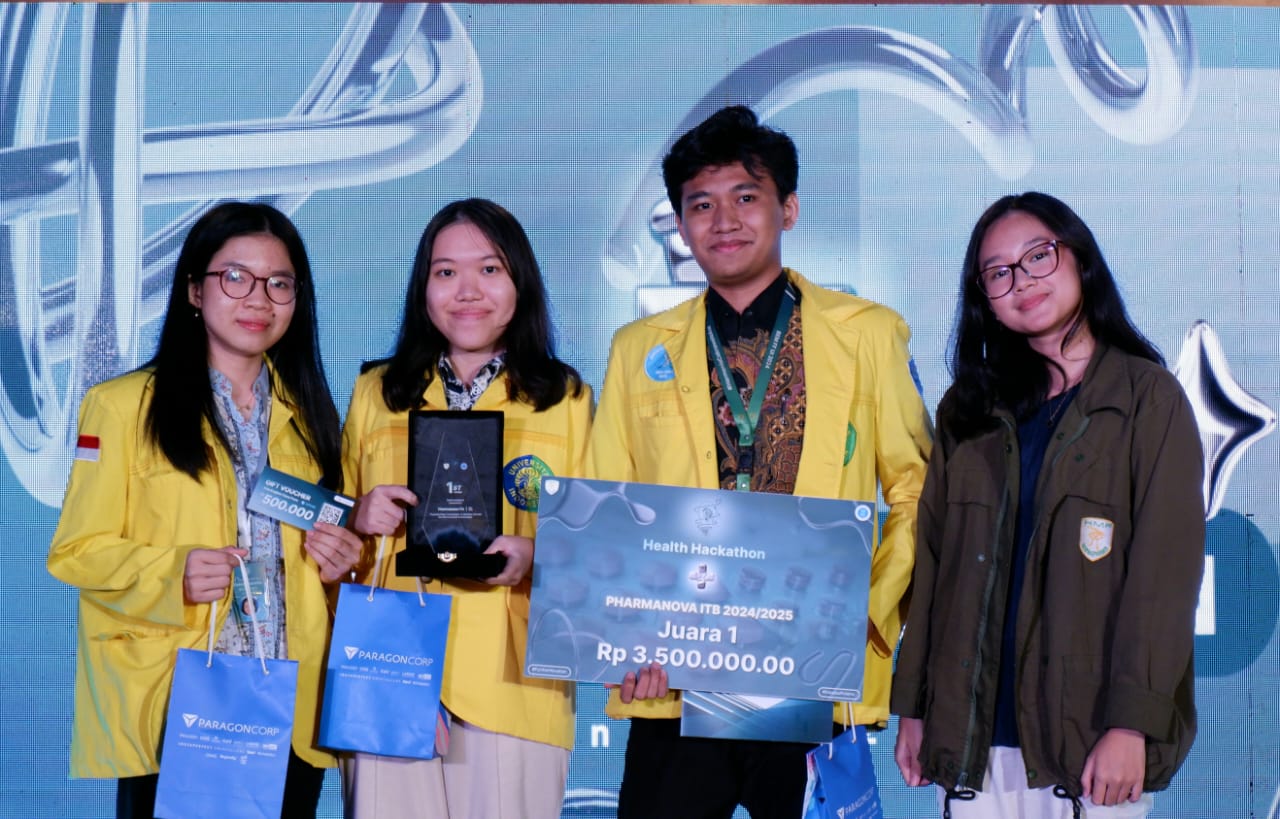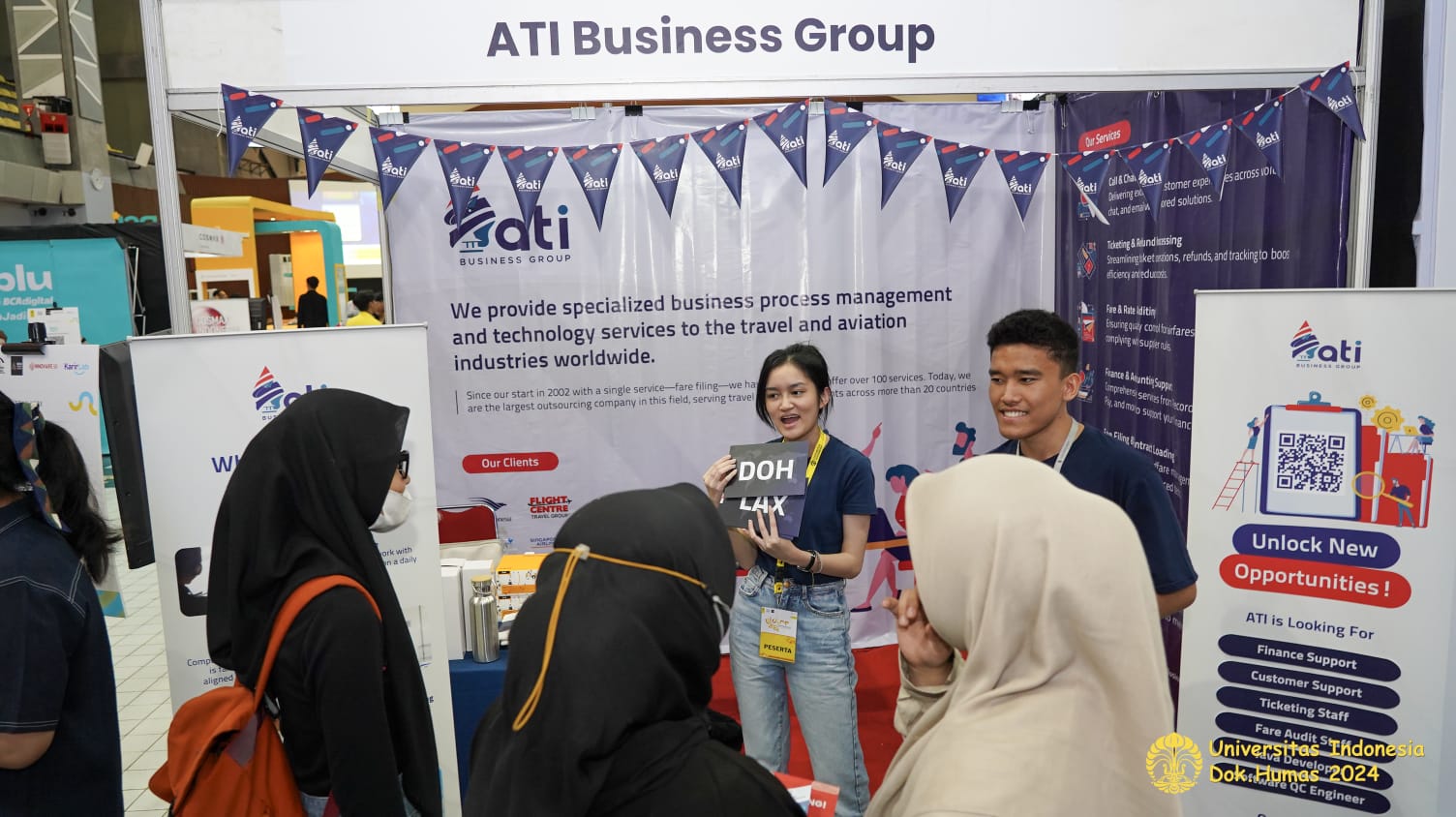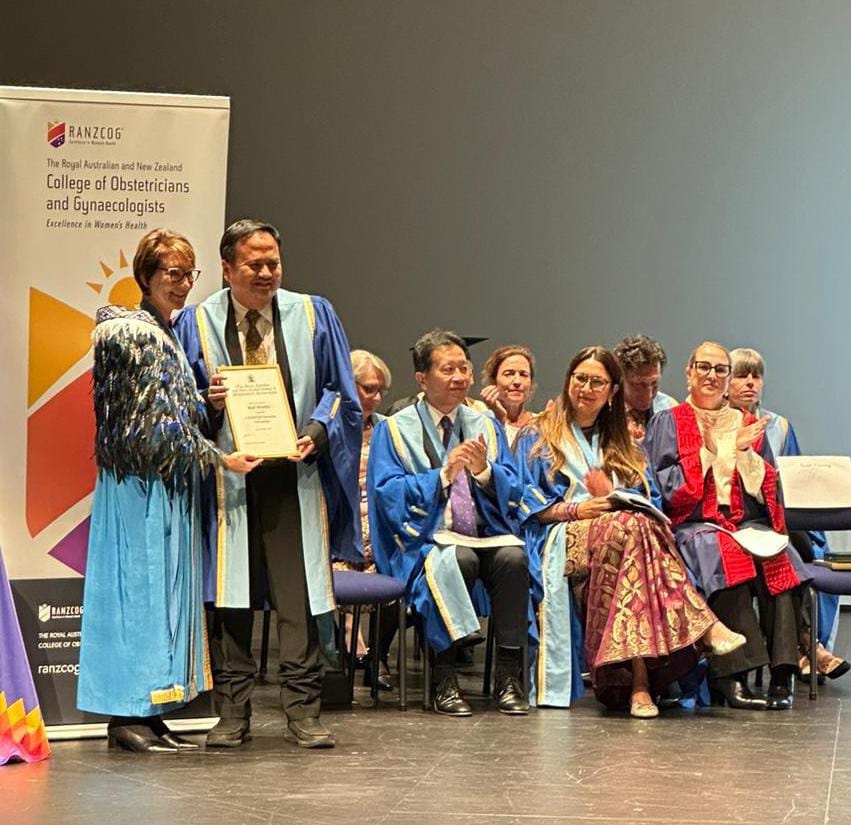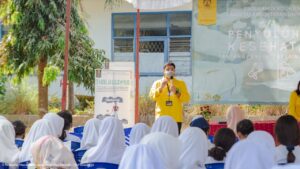
“Thalassemia is a disease that disrupts the formation of oxygen-carrying material (hemoglobin) in red blood cells, so red blood cells break easily. Thalassemia can be passed from parents to their children and until now there is no cure. To check for thalassemia, complete blood tests, genetic tests, and hemoglobin electrophoresis can be done,” said Donny Naupar, B.Sc., M.Si.Med, a doctoral student of Biomedical Sciences, Faculty of Medicine, Universitas Indonesia (FM UI).
He is a member of the community service team chaired by Prof. Dr. rer. nat. Dra. Asmarinah, MS. According to Prof. Asmarinah, the community service conducted in Labuan Bajo aims to introduce blood and blood diseases to the community, so as to increase public knowledge and increase awareness of diseases that can attack.
This community service team from the Biomedical Science Doctoral Program of the Faculty of Medicine, Universitas Indonesia (FM UI) held health counseling and consultation on blood disorders. The activity was centered at Puskesmas Labuan Bajo, Komodo District, West Manggarai Regency, East Nusa Tenggara, with the target participants being pregnant women and female students from SMPN 1 Komodo and MAN Labuan Bajo.
Health counseling in the form of seminars was delivered by lecturers and doctoral students of Biomedical Sciences FM UI . Various materials about blood were given to the community in this counseling. One of them is the understanding and introduction of blood delivered by Dr. Rahimi Syaidah, Ph.D. In her presentation Rahimi said, “Blood is a red and thick liquid found in the body that contains plasma and cells. It carries oxygen and nutrients, and helps the body to function properly. Blood consists of plasma (55%) which carries water, nutrients, and salt, and blood cells (45%) which includes red blood cells, white blood cells, and platelets.”
The next material is about the types of blood groups and transfusion. “The distribution of blood types spread in Indonesia is blood type O as much as 37%, blood type B as much as 29%, blood type A as much as 26%, and blood type AB as much as 8%. Type O blood group is called a universal donor because it can be donated to all types of blood groups but cannot accept donors from blood groups other than O,” said dr. Dewi Sukmawati, M.Kes., Ph.D.
Other Speaker explained about blood disorders such as Anemia and Thalassemia. “Anemia is a condition where the body has a lack of red blood cells or when red blood cells do not function to carry oxygen. Some symptoms of anemia are fatigue, lethargy, yellowish pallor, rapid heart rate and shortness of breath, dizziness, Hb < 13.5 g/dl for men and Hb < 11.5 g/dl for women. To prevent anemia, some things that can be done are consuming foods rich in vitamin C, not drinking tea or coffee, eating green vegetables, tofu, and beans, meat, cereals, vitamin B12, folic acid vitamins, and iron supplements,” said Dr. dr. Ani Retno Prijanti, M.Biomed.
“The implementation of this community service was motivated by the lack of public knowledge about blood disorders which resulted in high morbidity rates due to blood disorders such as anemia, thalassemia, leukeumia, and blood group incompatibility. In addition to counseling, health examination and consultation services were also carried out in the form of blood group and Hemoglobin (HB) checks. This community service was also made in line with Sustainable Development Goals (SDGs) point 8, namely decent work and economic growth. Healthy citizens are believed to be able to carry out their work well and will indirectly grow the economy,” said Prof. Asmarinah.
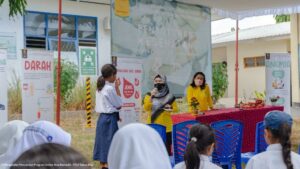
The community service team hopes that the counseling and health consultation provided will provide new knowledge about blood and blood diseases such as anemia and thalassemia. Through the examination, the community also knows their blood type and those who are indicated to have an illness can get a prescription for medicine through the free doctor’s consultation.
Prof. Asmarinah hopes that the community service activities carried out in August 2022 can continue until the Labuan Bajo community has a high quality of health, and the morbidity rate due to blood disorders decreases.

